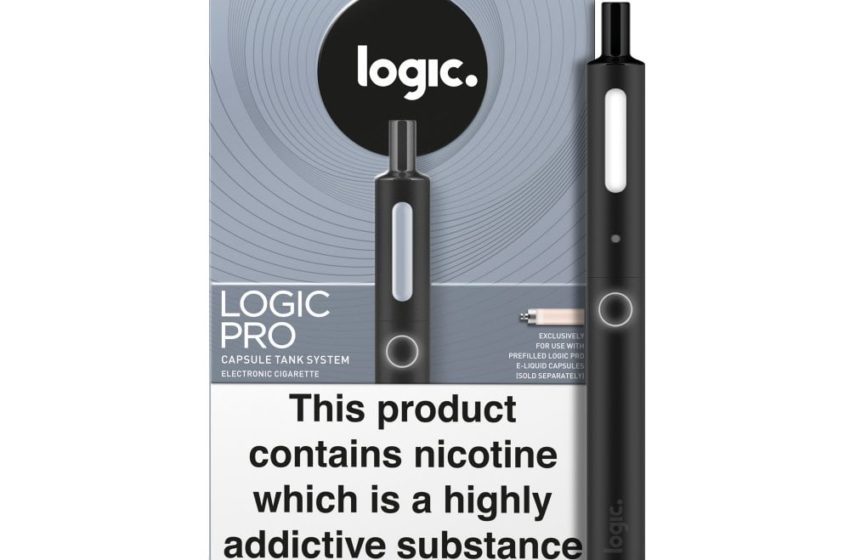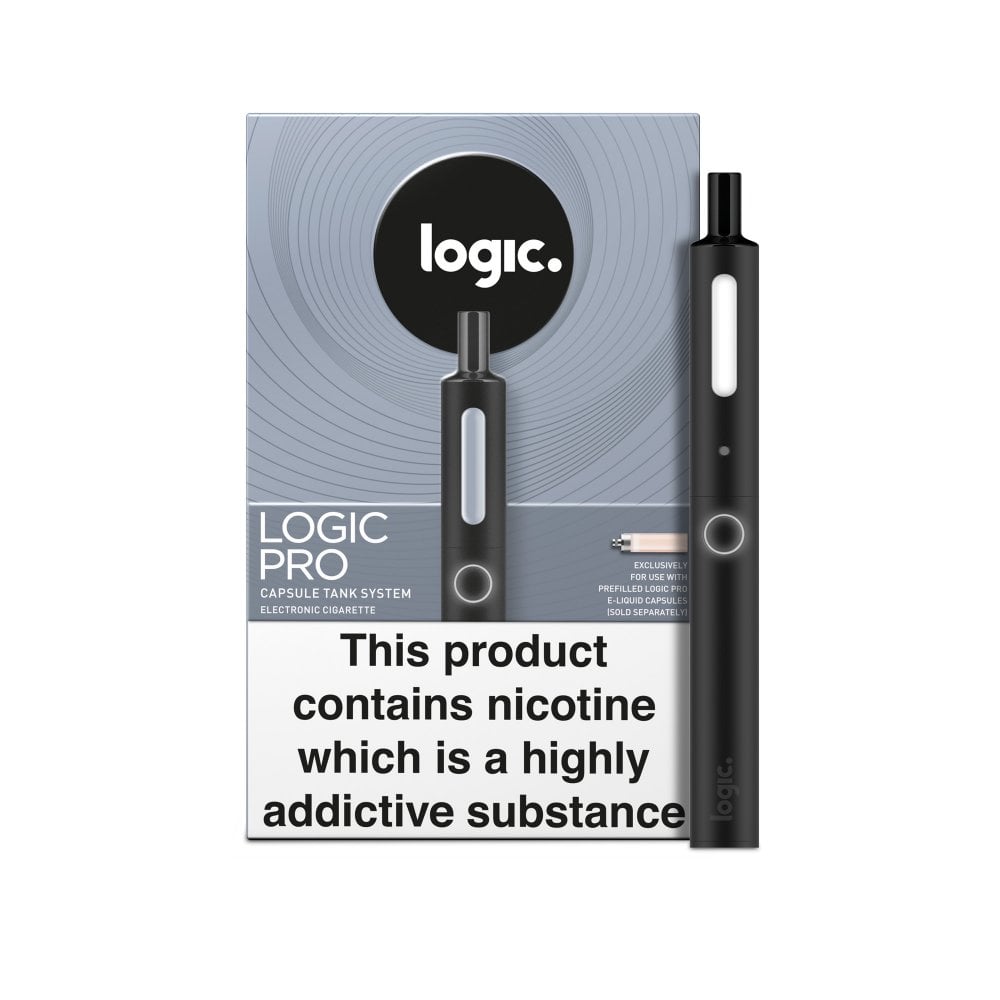The FDA has issued marketing denial orders (MDOs) to several myblu brand products manufactured by Fontem US. Fontem Ventures, a subsidiary of Imperial Brands PLC, owns the global e-cigarette brand blu. Tobacco and vaping products subject to a negative action regarding a premarket tobacco product application (PMTA) submission, including those subject to an MDO, may not be offered for sale, distributed or marketed in the US.
“On April 8, FDA issued MDOs to Fontem US, LLC for several myblu electronic nicotine-delivery system (ENDS) products after determining their applications lacked sufficient evidence to show that permitting the marketing of these products would be appropriate for the protection of the public health,” the FDA stated in a release.
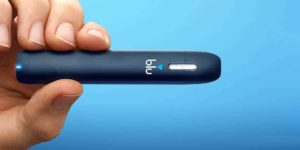
The currently marketed products receiving MDOs include:
- myblu Device Kit
- myblu Intense Tobacco Chill 2.5%
- myblu Intense Tobacco Chill 4.0%
- myblu Intense Tobacco 2.4%
- myblu Intense Tobacco 3.6%
- myblu Gold Leaf 1.2%
- myblu Gold Leaf 2.4%
Based on the information provided in the applications submitted by Fontem US, for these myblu products and the available evidence, the applications lacked sufficient evidence regarding design features, manufacturing, and stability, according to the agency. Additionally, the applications did not demonstrate that the potential benefit to smokers who switch completely or significantly reduce their cigarette use would outweigh the risk to youth.
Generally, the submission of a premarket application and intent to commercially market a new tobacco product that has never been marketed would be considered confidential commercial information (CCI) that the FDA would not disclose, according to the FDA. However, the agency determined that the named products are currently marketed based on communication with the applicant during the development of the publicly available Deemed New Tobacco Product Application List, and therefore the applicant has acknowledged the submission of these premarket applications.
“FDA is issuing MDOs for additional myblu products that do not appear on the publicly available list,” the agency stated. “FDA has publicly named only products that the FDA or the manufacturer have confirmed to be currently marketed to avoid potential CCI issues.”

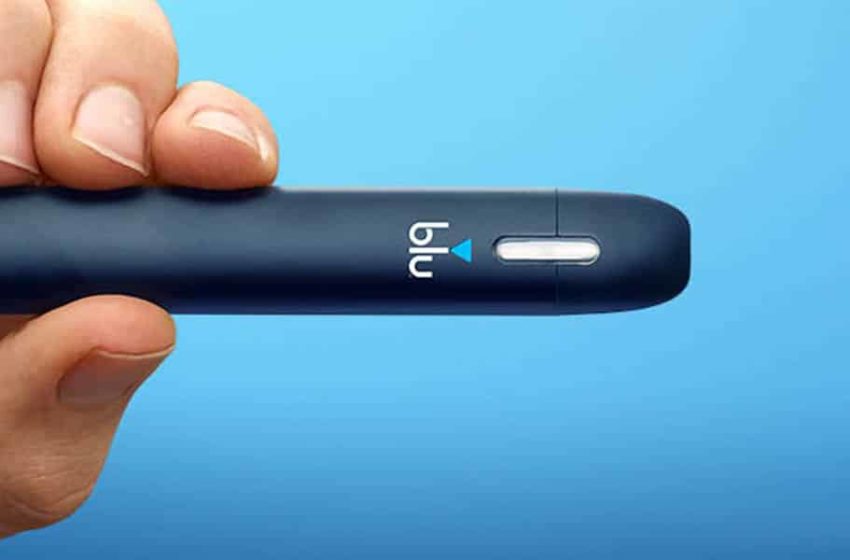


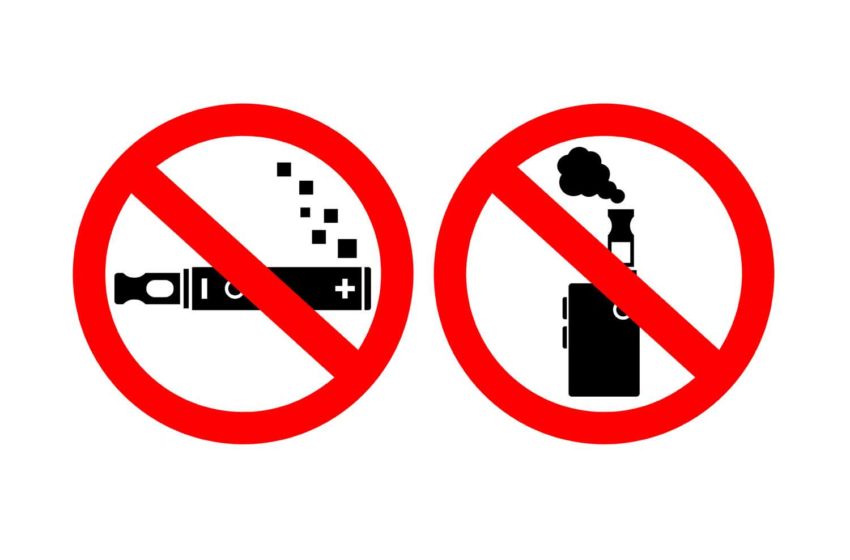
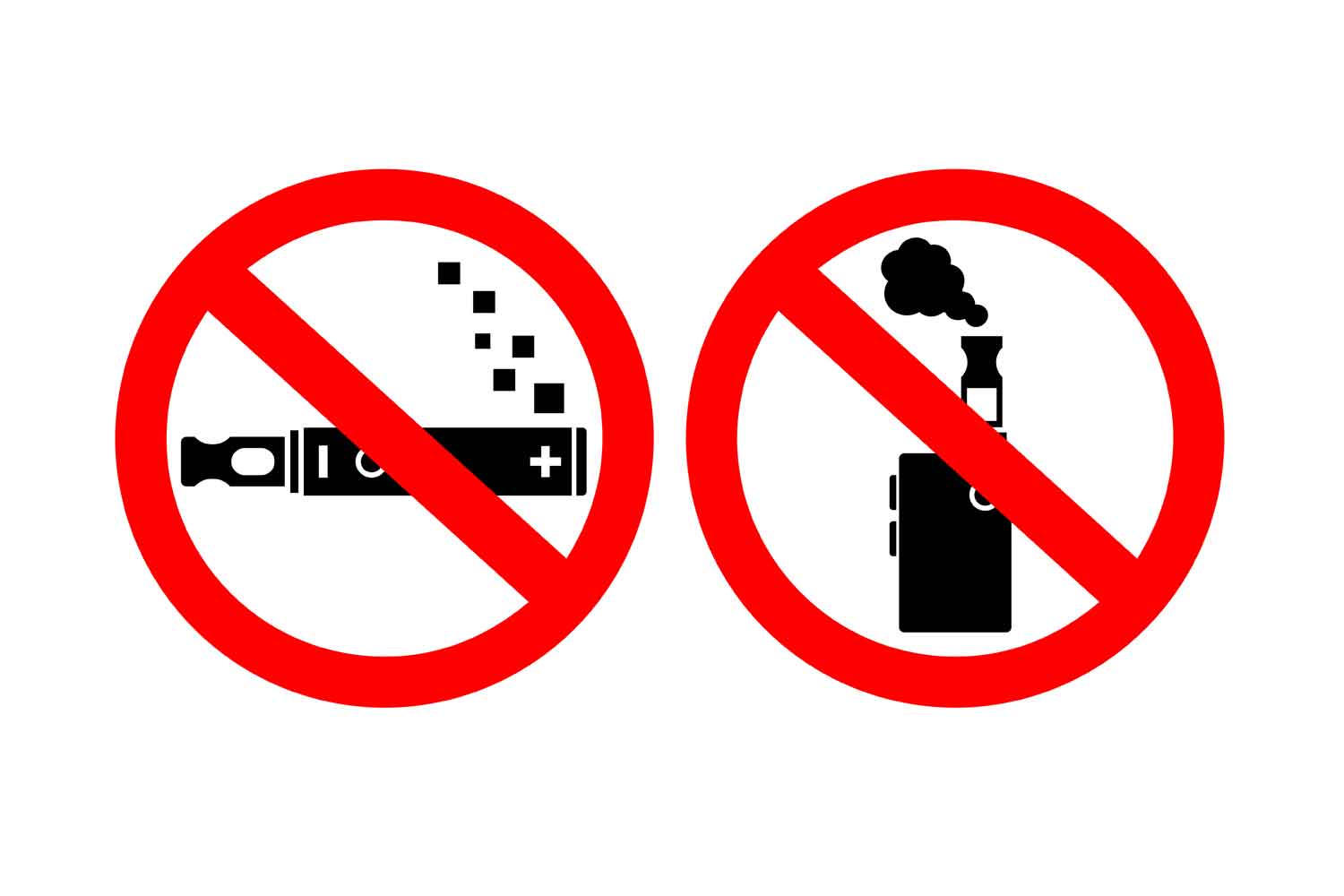







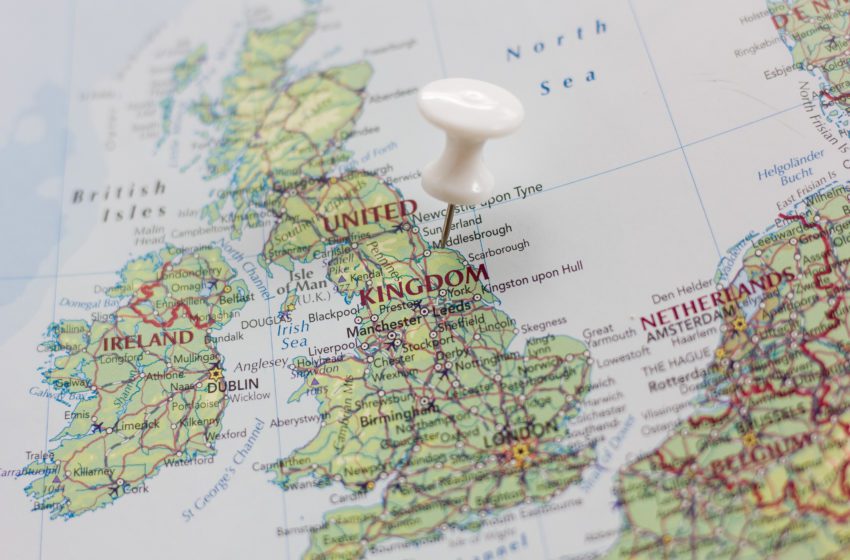


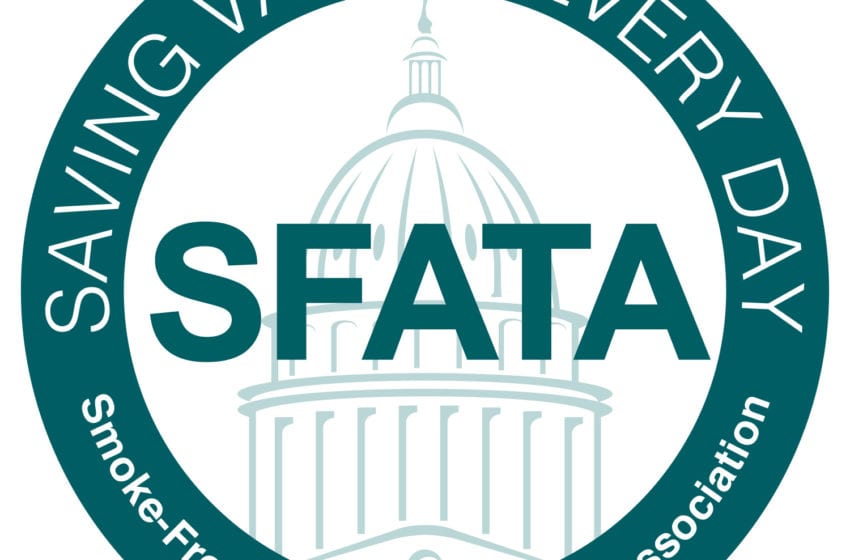
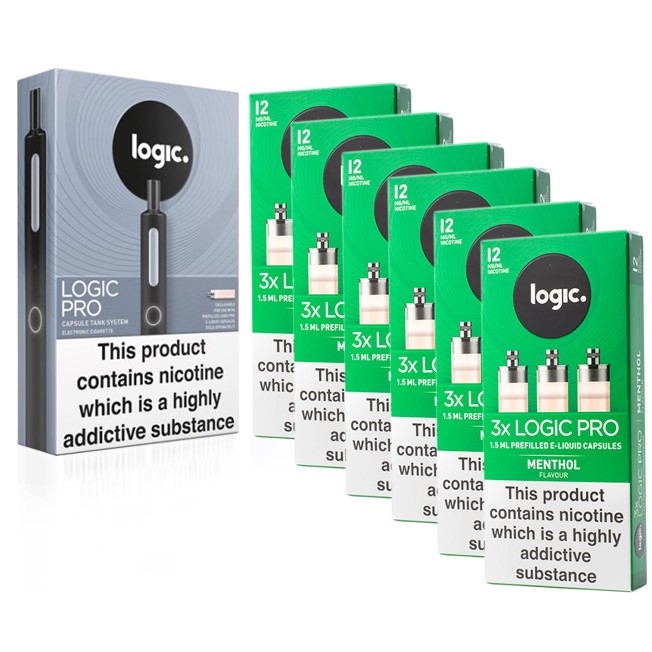
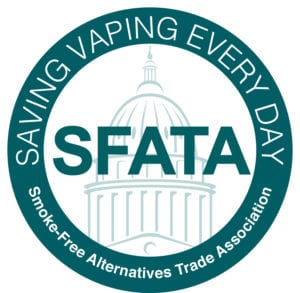 “Although we are not surprised to learn that Japan Tobacco Inc., brand owner of Logic, is now among the Big Tobacco companies with FDA market authorization, we certainly aren’t pleased with FDA’s consistent rejection of flavored products and will continue to apply pressure in that regard, as well as in the enforcement discretion arena – particularly for the manufacturers with products still in review that participate in our Responsible Industry Network program,” said April Meyers, CEO of the Smoke-Free Alternatives Trade Association (SFATA). “As the nation’s leading regulatory body, the agency appears to be cherry-picking what science it utilizes for decision making. That FDA cited the recent NYTS data but failed to acknowledge the steep decline in youth use while coining the low rates an “epidemic”, makes its rejection of flavored products today seem more an act of fear over what might happen than a decision based on scientific evidence. This is disappointing, at best, but again, not surprising.”
“Although we are not surprised to learn that Japan Tobacco Inc., brand owner of Logic, is now among the Big Tobacco companies with FDA market authorization, we certainly aren’t pleased with FDA’s consistent rejection of flavored products and will continue to apply pressure in that regard, as well as in the enforcement discretion arena – particularly for the manufacturers with products still in review that participate in our Responsible Industry Network program,” said April Meyers, CEO of the Smoke-Free Alternatives Trade Association (SFATA). “As the nation’s leading regulatory body, the agency appears to be cherry-picking what science it utilizes for decision making. That FDA cited the recent NYTS data but failed to acknowledge the steep decline in youth use while coining the low rates an “epidemic”, makes its rejection of flavored products today seem more an act of fear over what might happen than a decision based on scientific evidence. This is disappointing, at best, but again, not surprising.”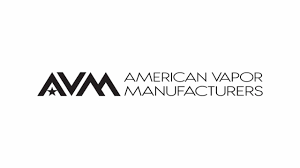 “People forget that in the story, Dr. Jekyll was a benevolent physician in a lab coat who only wanted to help people. But tomorrow morning, (FDA Commissioner) Robert Califf and (director of the FDA’s Center of Tobacco Products) Mitch Zeller will transform back into their Mr. Hyde alter-egos and resume their hellbent mission to sabotage the single-most effective smoking cessation device ever devised,” said Wheeler. “Well, the American people are watching and I for one am not going to stand by and let them get away with it. So, here’s my own announcement for today: FDA and CDC have my approval to stop deceiving the American public about the safety and efficacy of nicotine vaping.”
“People forget that in the story, Dr. Jekyll was a benevolent physician in a lab coat who only wanted to help people. But tomorrow morning, (FDA Commissioner) Robert Califf and (director of the FDA’s Center of Tobacco Products) Mitch Zeller will transform back into their Mr. Hyde alter-egos and resume their hellbent mission to sabotage the single-most effective smoking cessation device ever devised,” said Wheeler. “Well, the American people are watching and I for one am not going to stand by and let them get away with it. So, here’s my own announcement for today: FDA and CDC have my approval to stop deceiving the American public about the safety and efficacy of nicotine vaping.”